Tag: Stephanie Meredith
-
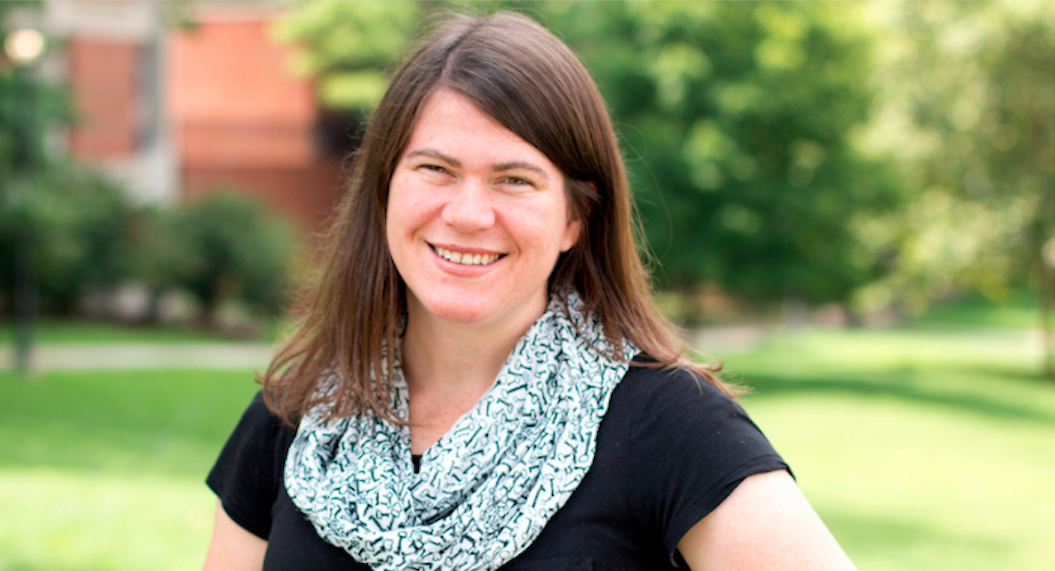
Medical outreach in action!
Stephanie Meredith is going to be busy soon. Meredith, HDI’s Medical Outreach Director, has been invited to be a part of several medical conferences in the US and Canada starting […]
-
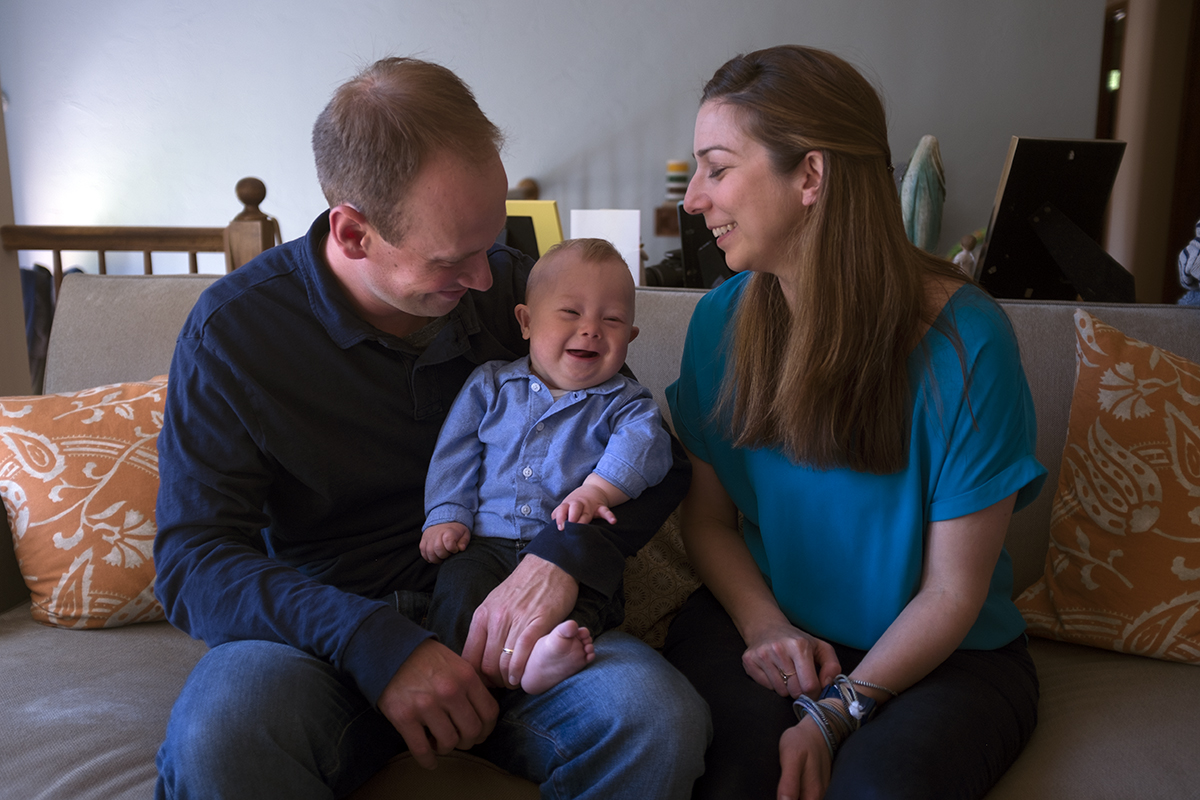
UK Human Development Institute Resources Formally Recommended by American Academy of Pediatrics for Families of Infants with Down Syndrome
In a clinical report released on April 18, The American Academy of Pediatrics recommended resources administered by the University of Kentucky Human Development Institute to pediatricians across the nation. These […]
-
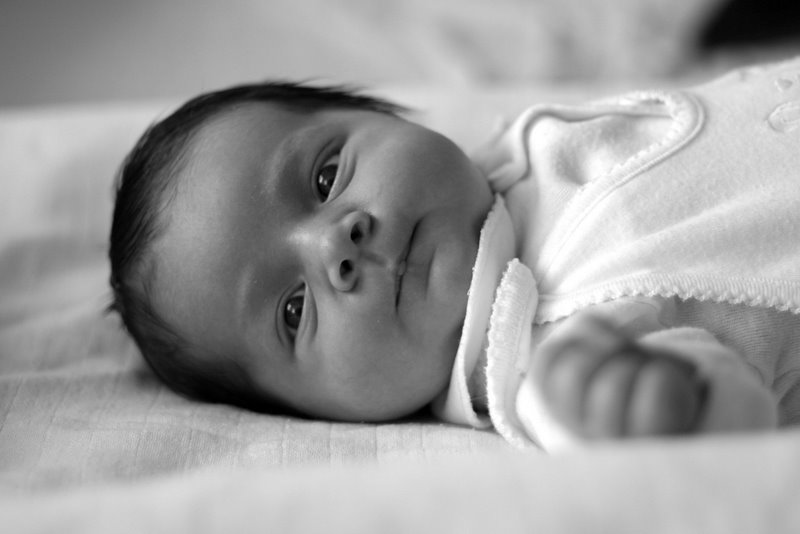
HDI to Host Prenatal Disability Education Summit
On May 13, 2022, the National Center for Prenatal and Postnatal Resources, housed at the UK Human Development Institute will host the Prenatal Disability Education Summit at the Residence Inn […]
-

Administration for Community Living funds Center for Dignity in Healthcare for People with Disabilities
The Administration for Community Living has awarded the University of Cincinnati Center for Excellence in Developmental Disabilities a $1.5 million grant to lead eight national partners, including the Human Development Institute […]
-
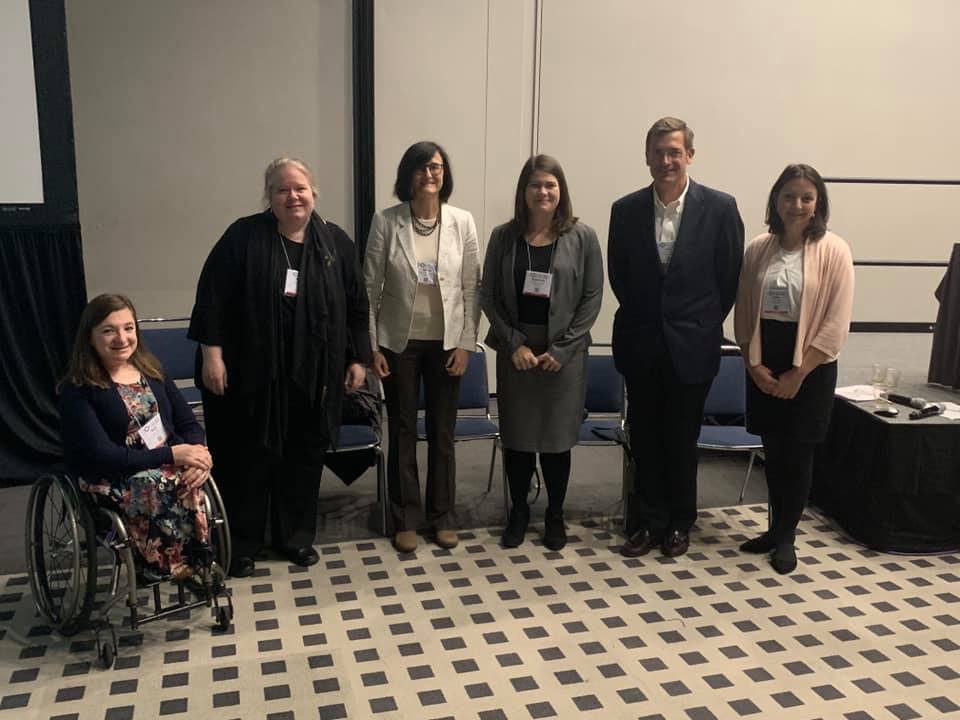
The Intersection of Genetics and the Disability Rights Movement
HDI’s Medical Outreach Director, Stephanie Meredith, and colleagues, Dr. Kara Ayers Associate Director of the University of Cincinnati UCEDD; Dr. John Constantino, Director of the Washington University in St. Louis […]
-
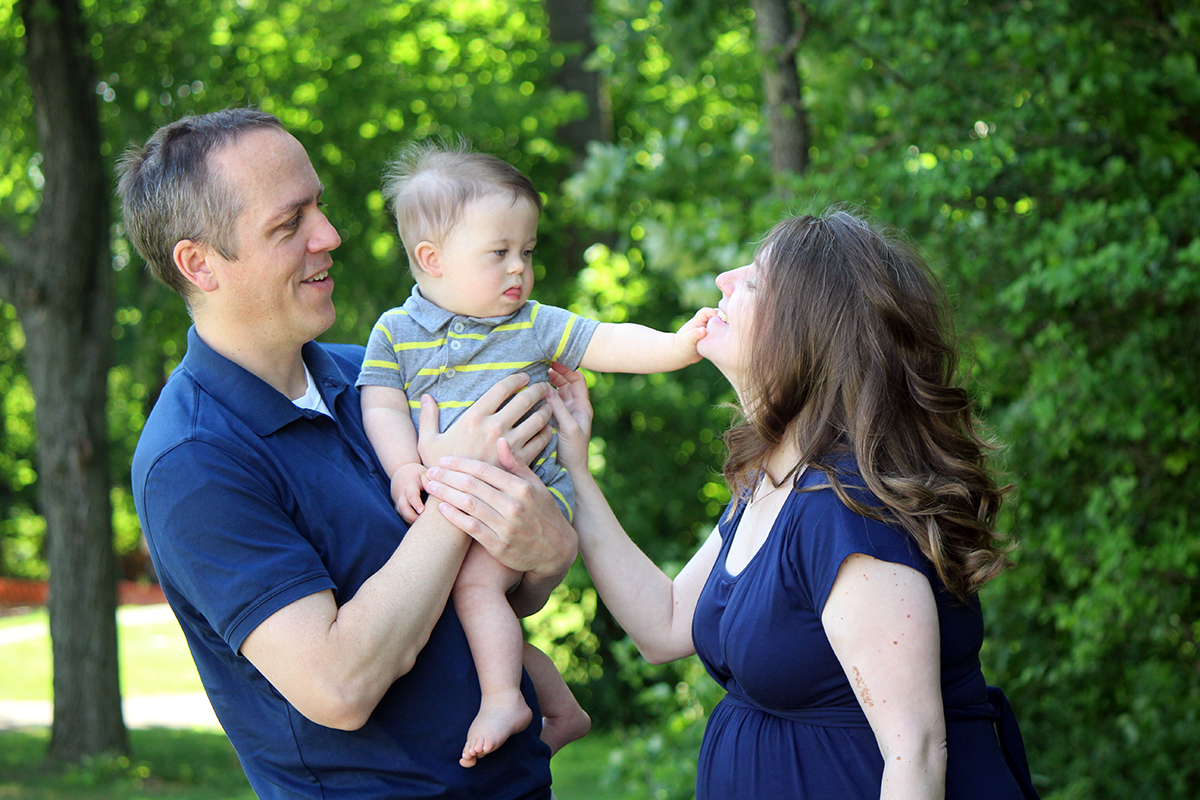
Fall Research Brief 2019
Adherence of cell-free DNA noninvasive prenatal screens to ACMG recommendations in providing patient education resources Research Brief by Stephanie Meredith & Mark Leach Cell-free DNA prenatal screens (also known as […]
-

HDI 50th Anniversary Spotlight on Stephanie Meredith
What I love most about HDI is the culture cultivated by Dr. Harold Kleinert and nourished by so many other great leaders here—to be kind and nurture partnerships while also […]
-
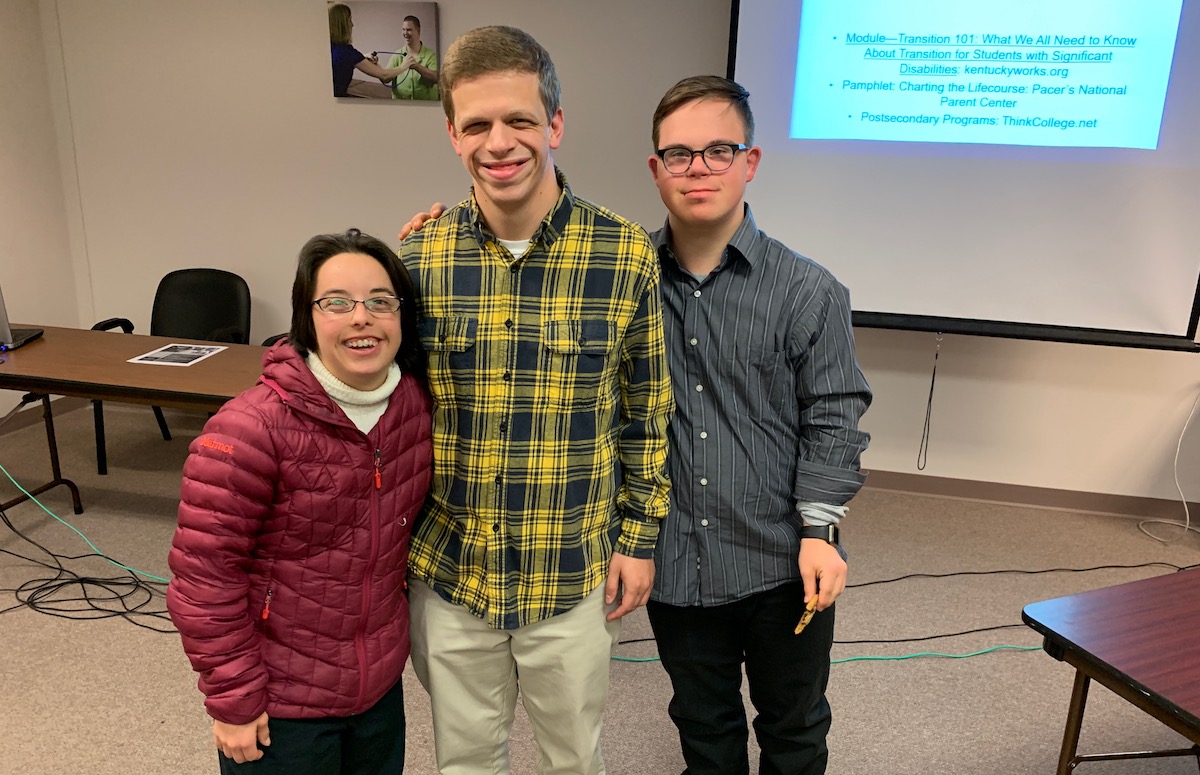
Employment for Youth with Disabilities: Seeing a Brighter Future, HDI Seminar Recap
By Amanda Kelley Corbin What are your hopes and dreams for your son or daughter’s future? It’s something every parent has pondered. And while the question is simple enough, the […]
-

Latest Fund for Excellence Awards: March 2019
The Human Development Institute (HDI) established the Fund for Excellence for the development of innovative programs, services or products to address the needs of individuals with developmental disabilities and their […]
-
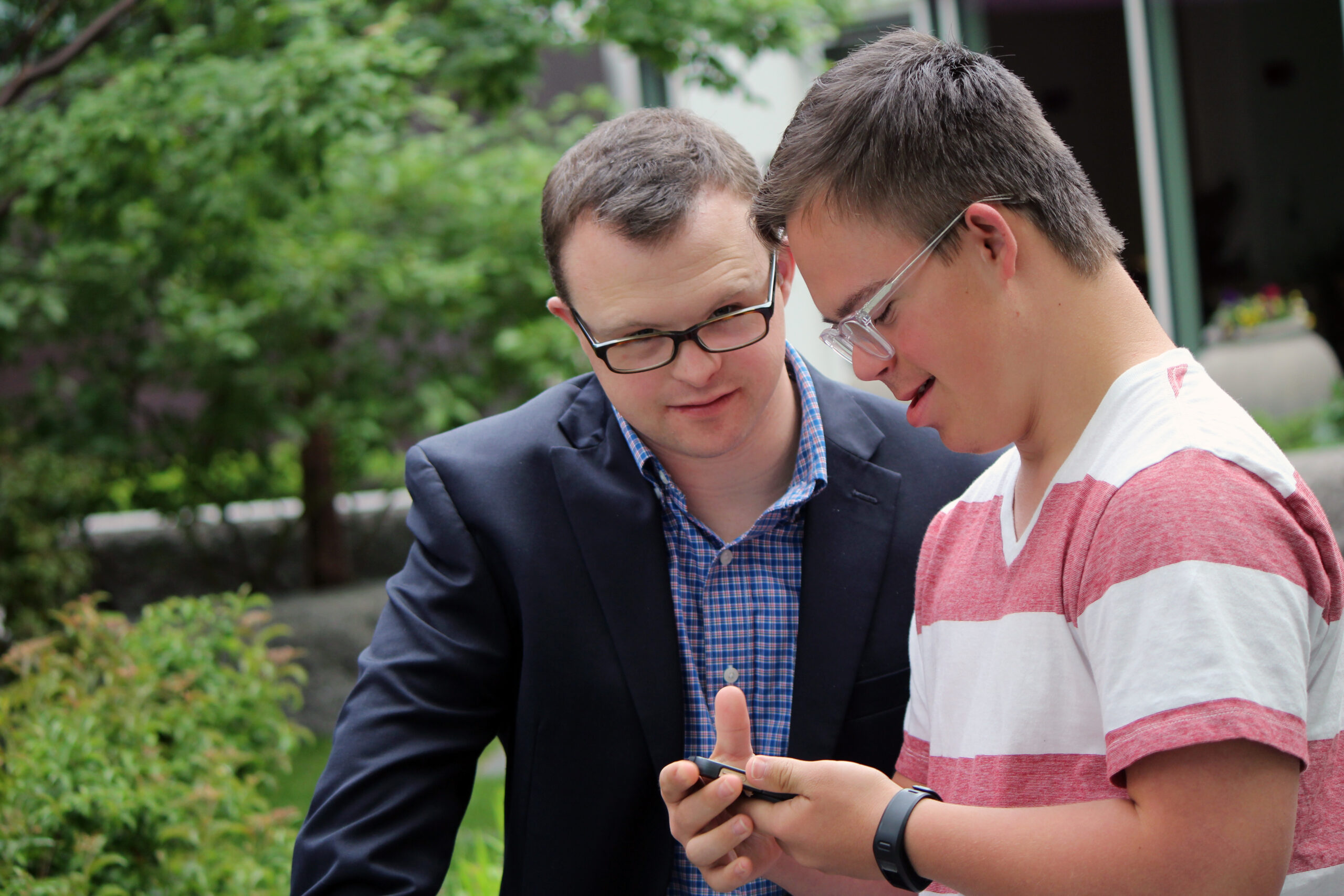
Spring Seminar: Employment for Youth with Disabilities: Seeing a Brighter Future
“As an employer, I’ve been fortunate to have employees with intellectual disabilities who meaningfully contribute to our programs, and as a mother, I have been so proud of my own […]